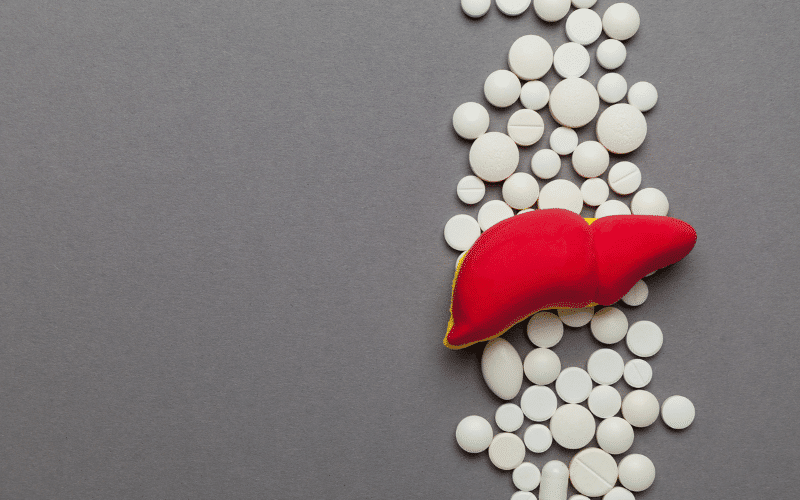Frequently Asked Questions About Liver Disease

1. What are the primary causes of liver disease?
Liver disease can be caused by various factors, including viral infections (such as hepatitis A, B, and C), excessive alcohol consumption, non-alcoholic fatty liver disease, autoimmune conditions, genetic disorders, and exposure to harmful substances or toxins. Some medications, if taken improperly or in large amounts, can also cause liver damage.
2. Can liver disease be reversed or cured?
The possibility of reversing or curing liver disease depends on the cause and stage of the disease. In some cases, early detection and appropriate treatment can lead to a reversal of liver damage. For example, if liver disease is caused by excessive alcohol consumption, abstaining from alcohol can help reverse the damage. However, in more advanced stages or in cases of cirrhosis, liver damage may be irreversible.
3. What lifestyle changes can help prevent liver disease?
To maintain liver health and prevent liver disease, it’s essential to adopt a healthy lifestyle that includes a balanced diet rich in fruits, vegetables, whole grains, and lean protein sources. Regular exercise, maintaining a healthy weight, and avoiding excessive alcohol consumption are also crucial for liver health. If you have a pre-existing medical condition or are taking medications, be sure to follow your healthcare provider’s guidance and recommendations.
4. How is liver disease diagnosed?
Liver disease is typically diagnosed through a combination of blood tests, imaging studies (such as ultrasound, CT scan, or MRI), and sometimes a liver biopsy. Blood tests can detect elevated liver enzymes, which may indicate liver damage or inflammation. Imaging studies can help identify structural abnormalities in the liver, while a liver biopsy involves taking a small sample of liver tissue for examination under a microscope to determine the cause and extent of liver damage.
5. What are the potential complications of untreated liver disease?
Untreated liver disease can lead to several complications, including cirrhosis (scarring of the liver), liver failure, portal hypertension (high blood pressure in the portal vein), esophageal varices (enlarged blood vessels in the esophagus), ascites (fluid buildup in the abdomen), and hepatic encephalopathy (a decline in brain function due to the buildup of toxins in the bloodstream). Additionally, individuals with liver disease are at an increased risk of developing liver cancer. Early detection and treatment of liver disease are essential to prevent these complications and maintain overall health.
Conclusion: Recognizing the Early Signs and Symptoms of Liver Disease for Timely Intervention
In summary, it’s crucial to be aware of the 13 first signs and early symptoms of liver disease, such as unexplained weight loss, abdominal pain, jaundice, and sleep disturbances. Identifying these symptoms early on can help ensure timely diagnosis and treatment, ultimately preventing further complications and maintaining overall health. By keeping a watchful eye on these symptoms and seeking medical advice when needed, you can safeguard your liver health and well-being.
Remember to prioritize a healthy lifestyle, including a balanced diet, regular exercise, and avoiding excessive alcohol consumption, as these factors play a significant role in promoting liver health and preventing liver disease. If you suspect any symptoms of liver disease, consult with a healthcare professional to determine the cause and receive the appropriate treatment. Stay vigilant and proactive in caring for your liver – it’s an essential organ that plays a significant role in maintaining your overall health.